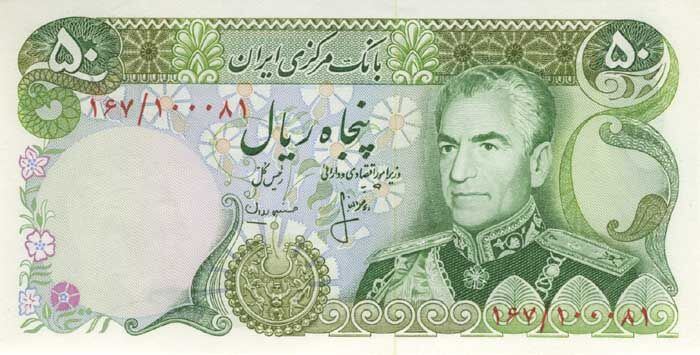
A very interesting phenomenon is occurring in Iran right now. The quoted price of Bitcoin on LocalBitcoins is showing at 1 billion rials, which is the equivalent of $24,000 USD.
What is notable about this is how it is the “official exchange rate” that is given by Iran’s Central Bank. They set a rate that is technically what someone would have to pay, yet in practice, things are very different. One crypto expert said:
“The official rate is what the central bank says. But literally, no one except some government organizations can get that rate while no one can use it. It’s a joke.”
Reality of the “Official Price”
One thing to realize is that not every Iranian is actually paying this price. Infact, this is more of a surface price that exists when a country has a weak national currency and wants to discourage people from selling their currency. The same thing is happening in Venezuela right now, all with the hope of supporting the national currency.
However, this differs greatly from the rate determined by the market. People are not willing to pay that much in rials in order to get crypto, and there are naturally ways to get around this. On the street, it is easy enough to buy Bitcoin at a more reasonable price, because everyone knows the BTC/USD rate and IRR/USD rate.
Right now, the price in Iran is closer to a market-determined rate of $7,300 USD. So that makes this reported premium largely fictional. But one thing that has occurred in the last few months within Iran is the restrictions on access to the internet. In the wake of broad protests about the rise in the price of fuel, Iran has choked off access to the Internet.
Global Unrest
In the wake of Soleimani’s assassination, both the price of oil and Bitcoin jumped considerably. Investors in Bitcoin had been having a bad month, and the global unrest this assassination was set to cause made it so many were moving their money into the “safety” asset.
Whether Bitcoin actually performs well in the long-term during periods of unrest, we do not know yet. However, much of the world seems to view it as a highly countercyclical asset that will naturally go up when things get unstable. This is largely because of its lack of connection to any single country, which means it can’t suffer from the economic effects of war in the same way a sovereign currency might.
With Iran “vowing revenge” upon the U.S. for this attack on their powerful general, it seems like we are heading into unsteadier times for sure. One could not blame

